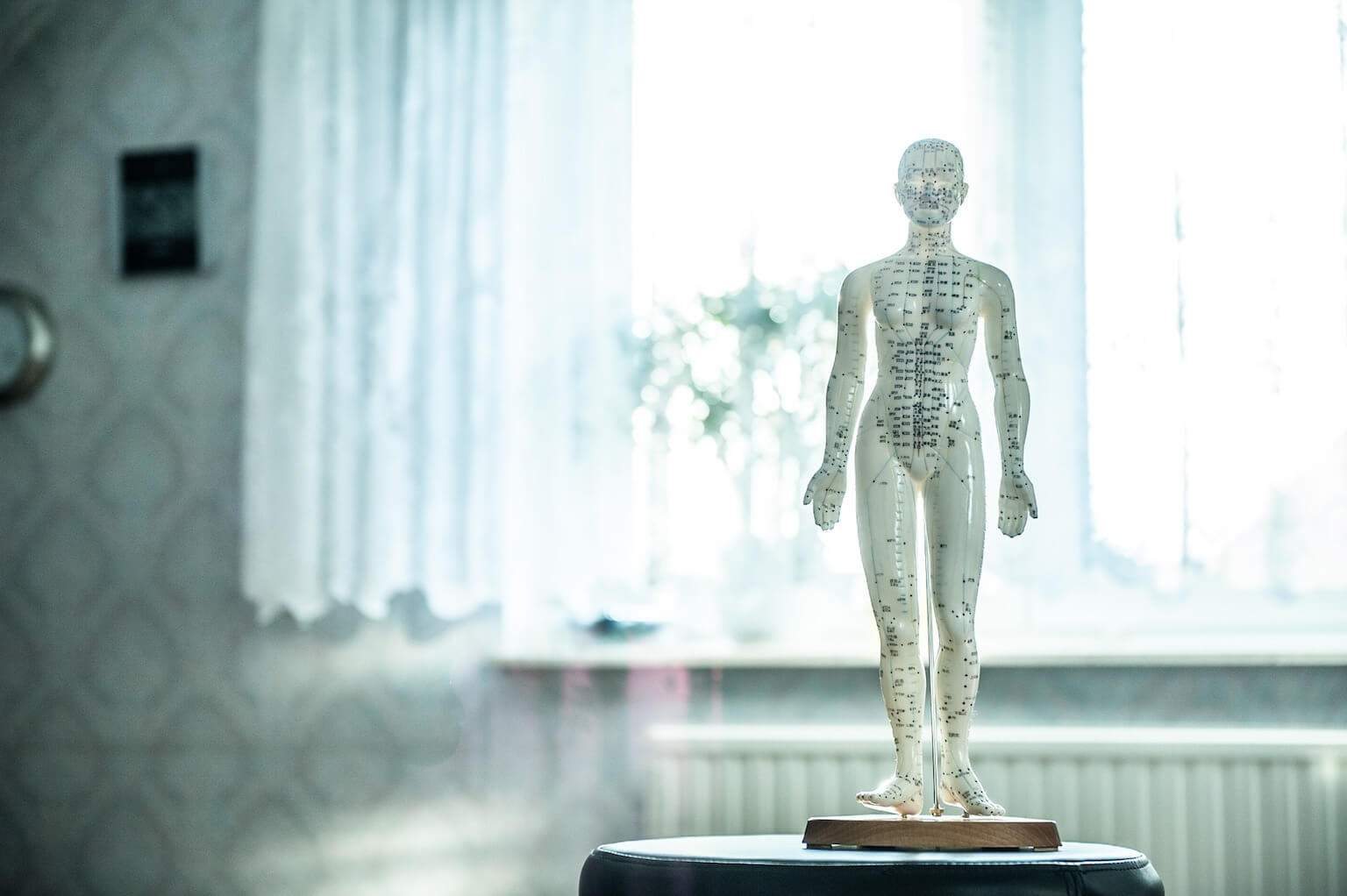Dr. Phonexay Simon Interview on "The Day with Trae" Transcript from Video Interview Below, (my…
Shi Gao is one of the most important Chinese Herbs. Although not widely used in modern day herbalism, it was at one point indispensable for treating epidemic diseases, particularly if they presented with a high fever. Modern day herbalism in the U.S. typically does not treat conditions with high fevers as these presentations are usually referred to the emergency room. However, this herb still has some important effects for day-to-day conditions.
Conditions that may benefit
Examples of conditions that can be treated with Shi Gao are diabetes, lingering colds, arthritis, and others. As long as the disease presentation is correct and the patient’s constitution matches the indications of the herb, this herb can be used.
Symptoms used by the practitioner
Such signs are a high fever or subjective feeling of being very hot, irritability, great thirst with a preference for cold drinks, profuse sweating, and a very dry tongue. As you can see these signs are indicative of what is considered “interior heat”. Although this medicine was used as a life-saving drug for treating epidemic fever in the past, it still has uses for common conditions that present with an interior heat presentation.
What is Shi Gao?
Shi Gao is the common and abundant mineral Gypsum. The chemical formula of gypsum is CaSO4 2H20, or calcium sulfate dihydrate. Gypsum has many modern day uses, particularly in construction and as a sulfate fertilizer. It has no known pharmacological effects and has never been used as a medicine by Western medicine practitioners, except as a binder in pills.
Shi Gao is prepared by powdering and heating the Gypsum mineral. This burns off some of the water molecules found in the crystal structure and becomes a hemihydrate form.
How does it work?
Gypsum is an interesting mineral because of its relationship to heat, water, and solubility. The prepared herb Shi Gao is chemically equivalent to the building material Plaster of Paris. The reason Plaster of Paris is used in making drywall is that it imparts a flame retardant ability to the finished product. When the powder is mixed with water, it becomes rehydrated and in the process emits heat. When the resulting material is dry it has become resistant to high temperatures. Any fire near it will cause a chemical reaction of the material back to its hemihydrate form by “burning off” the water contained within (it absorbs heat from the immediate environment ).
When Shi Gao is decocted with other herbs in water, it begins to rehydrate back into the dihydrate (flame retardant) version. Gypsum, unlike most substances, exhibits retrograde solubility, which means that as the temperature is raised, its solubility decreases. The dissolution and precipitation of gypsum in water will either release or absorb heat.
This reaction is governed by the Le Chatelier principle, which simply stated, says that the System always kicks back. Any change in a chemical reaction system will cause the system to attempt to return to thermodynamic equilibrium. The changes in this case are due to changes in the temperature of the solution and the corresponding changes in the concentration of solutes.
Additionally, once the formula is imbibed, the hydrochloric acid of the stomach will react with the CaSO4 and create calcium chloride and hydrogen sulfate. This leads to a situation where the Shi Gao is being thermodynamically pulled between two different hydration and solute states. Anything that biases the reaction (such as a fever or the combination of other herbs) towards the dissolution or creation of CaSO4 2H2O will lead to a corresponding increase in the formation of CaSO4 .5H2O and water from gypsum. This reaction requires heat and will absorb that heat from its surroundings, i.e. the body.
The maximum solubility of CaSO4 occurs at 109.4 degrees Fahrenheit which means that the reaction maximally occurs at biologically relevant temperatures, particularly if the person has an incredibly high, life-threatening fever. When Shi Gao is ingested in an herbal formula, it can absorb excess heat from the body, thereby “cooling” inflammation. It is more effective if the patient has a high fever.
It is logically probable that in cases of extreme internal heat, the Chinese herb Shi Gao quite literally absorbs excess heat from the fever and cools the body from the inside out. And it does so without an actual increase of the temperature of the material, because that energy is released as water. Digestion of the mineral will also lead to absorbtion of calcium and sulfate for the body to use, each of which have their own biological properties.
Chinese herbal practitioners often say that Shi Gao has only a weak function when used by itself and must be combined with other herbs to act at its maximum. Further research will elucidate how CaSO4 2H2O interacts with other medicinal substances in a decoction, especially if the researchers use systems theory to analyze the situation. That being said, it is quite possible that Shi Gao can function as a significant anti-pyretic, fever reducing substance simply by virtue of its thermodynamic physical properties and through no specific pharmacological reaction.
Chinese Herbal Medicine Disclaimer




Comments (0)